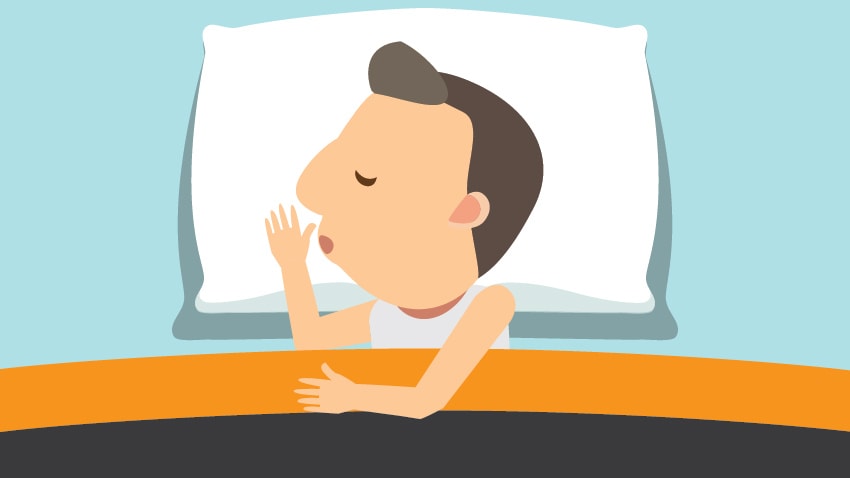Sleep apnea is also a severe condition that can lead to other health problems. The condition occurs when your breathing stops during sleep. The condition can lead to high blood pressure, heart failure, and stroke. This article will take a closer look at the causes and how sleep apnea therapy can help.
What Causes Sleep Apnea?
Sleep apnea is when breathing repeatedly stops and starts during sleep. These pauses in breath can last from a few seconds to minutes. They often happen dozens or even hundreds of times per night. This can make for a restless night of sleep.
Various factors can contribute to sleep apnea. These include being overweight or obese. They also include smoking, genetic factors, and having a narrow throat or large tongue.
There are two main types of sleep apnea: obstructive sleep apnea (OSA) and central sleep apnea (CSA). OSA is the more common type, and it occurs when the muscles in the back of the throat relax and inhibit the airway. CSA occurs when the brain stops sending appropriate indicators to the muscles that regulate breathing.
Sleep apnea can cause loud snoring, gasping for air during sleep, daytime fatigue, morning headaches, and difficulty concentrating. If left untreated, it can lead to high blood pressure and heart disease, stroke, and diabetes.
Sleep Apnea Diagnosis
If you think you might have sleep apnea, see a doctor to get an official diagnosis. The first step is a physical exam and discussing your medical history and symptoms. Your doctor may also recommend a sleep study to confirm the diagnosis. A sleep study involves specialists monitoring your breathing patterns while you sleep.
Sleep Apnea Therapy
There are treatments available for sleep apnea. The most common treatment is continuous positive airway pressure (CPAP). This involves wearing a mask over your nose and mouth while you sleep.
The CPAP machine pumps air into your throat so that your airway stays open throughout the night. Other treatments include mouthpieces or dental appliances that help keep your airway open. They also include surgery to remove excess tissue from your throat.
If you think you might have sleep apnea, talk to your doctor. They may recommend you to a sleep professional for an overnight sleep examination called a polysomnogram. This test will help diagnose sleep apnea and determine the severity of your condition.
Avoiding Sleep Apnea
You can do a few things to lower your risk of developing sleep apnea. One is to maintain a healthy weight. Sleep apnea is more common in people who are overweight or obese.
Another thing you can do to reduce your risk of sleep apnea is to avoid drinking alcohol before bed. Alcohol can relax the muscles in your throat, making it more likely for you to snore or develop sleep apnea. If you do drink alcohol, do so in moderation and do not drink close to bedtime.
You can also reduce your risk of sleep apnea by quitting smoking. Smoking can irritate the airways and make it more difficult to breathe. Diverting your mind on other things can help you in this.
Sleeping on your side helps too. Dozing on your back can make it more likely for your tongue or soft palate to block your airway. Sleeping on your side can help keep your airway clear and reduce your risk of developing sleep apnea.
Get Treatment Today
Sleep apnea is a serious condition that can lead to other health problems if left untreated. If you think you might have sleep apnea, see a doctor to get an official diagnosis. With sleep apnea therapy, you can get a restful night’s sleep.




